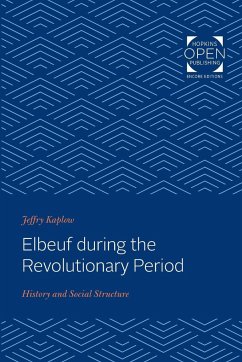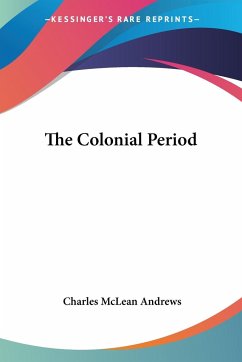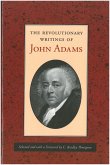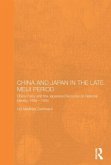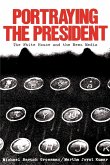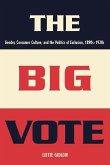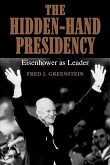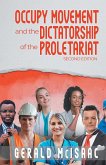Jeffry Kaplow investigates the effects of the French Revolution on life in Elbeuf, a textile town in Normandy, through a social-historical lens. A careful study of local demographic, fiscal, and tax records allows him to reconstruct the social structure of Elbeuf's population on the eve of the French Revolution and to make claims about its economy, which was based on wool production. Somewhat unusually, there was no strong noble or clerical presence in Elbeuf, which was dominated by wool manufacturers. Despite the destabilizing effects of the Revolution, which included an economic downturn and an inflamed sense of grievance among less wealthy local constituencies, the bourgeoisie retained its grip on power in Elbeuf and its environs throughout this period. With the support of extensive archival evidence, Kaplow goes to great lengths to model the particular social and economic conditions that allowed this town to avoid succumbing to the tumult of the Revolution and to undergo, in fact, so little change compared with most municipalities of the country.
Bitte wählen Sie Ihr Anliegen aus.
Rechnungen
Retourenschein anfordern
Bestellstatus
Storno

